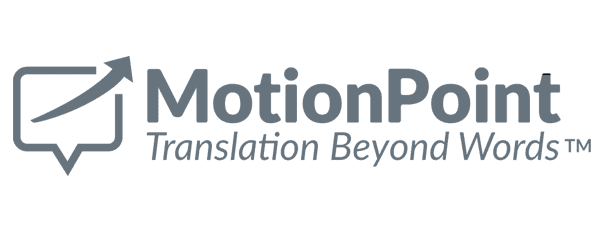




Search Engine Optimization (SEO) experts have touted the wisdom of URL optimization for years. This best practice-which uses human-readable text and keywords in website addresses-is proven to increase rankings in online search results.
The best URLs are often concise and clear, providing visitors and search engines with an immediate understanding of a page’s contents. Google recommends URL optimization. According to the company’s Search Engine Optimization Starter Guide:
"Creating descriptive categories and filenames for the documents on your website can not only help you keep your site better organized, but it could also lead to better crawling of your documents by search engines," the document says. "Also, it can create easier, 'friendlier' URLs for those that want to link to your content. Visitors may be intimidated by extremely long and cryptic URLs that contain few recognizable words."
As more and more companies find their primary markets increasingly saturated by competitors, many are expanding into emerging markets—such as the V4, Mexico, Colombia and others. The smartest and most cost-effective way to do this is online, with localized websites.
Unfortunately, few companies (or website localization vendors) understand the importance of leveraging URL optimization for these markets. If it's such an obvious best practice, why not use it?
"They're simply not aware of the benefit," explains Mohan Sha, a Global Online Strategist for MotionPoint's Global Growth team. "If you live in an English-speaking market and every URL you ever see is in English, it can be challenging to look beyond that. But translating URLs has incredible value."
How would we know? MotionPoint pioneered URL localization and optimization by cleverly combining the powers of technology and translation. Our solution ensures that translated URLs can be encrypted and rendered correctly in browsers. Ours is also the only solution that provides URL localization in many languages, including languages with tricky non-Latin characters such as Russian, Chinese and Arabic.
Post-implementation, companies see immediate lifts in engagement and traffic in their global markets. Aside from the obvious increase in organic traffic from regional search engines (such as Russia's Yandex and South Korea's Naver), "the user experience is wildly improved," Mohan says. "Customers can understand the URL structure, and overview of the website, more quickly."
What kind of increases do our clients see? On average:
Whenever possible, MotionPoint attempts to replicate the URL structure of the client's primary-market site (often published in English). However, if the structure is too convoluted, we'll use a more streamlined and SEO-friendly structure for the localized site.
Ultimately, says Blas Giffuni, Director of MotionPoint's Global Growth team: "Our goal is to follow best practices outlined by Google and other search engines. SEO is a long-term commitment," he says. "By providing translated URLs, Google knows you're playing by the rules and will reward you with page and domain authority. That's how you get sites to rank higher. Our clients have great content. Our job is to tell Google that it's great."
MotionPoint clients are certainly reaping the benefits. One year after optimizing URLs for a sports apparel brand's French-Canadian website, traffic increased by 92% and organic visits increased by 471%. Thanks to this lift, the site's total visits grew by nearly 130%.
Our work for a technology company's Chinese website generated similarly positive results. In less than two months after we deployed Chinese-character URL optimization, the site's traffic increased 25%. This converted into more transactions and revenue.
This Chinese success story is especially noteworthy since it leveraged local search engine preferences. Baidu, China's largest search engine, enabled all its search products to accommodate URLs with Chinese characters. Chinese URLs ranked higher than URLs in other languages.
Companies that optimize their URLs for Arabic also see great results. On average, Arabic organic traffic increases by 52%. (Arabic search queries represent 85% of queries for these clients, and non-branded queries representing 62% of total search queries.)
We believe URL optimization helps give expanding companies a competitive edge.
After all, "the keywords customers are searching for in their native language are matching the exact words in the translated URLs," Mohan says. "It's just one more way these localized sites feel more 'authentic' to consumers in those markets. And the SEO benefits are great, too."